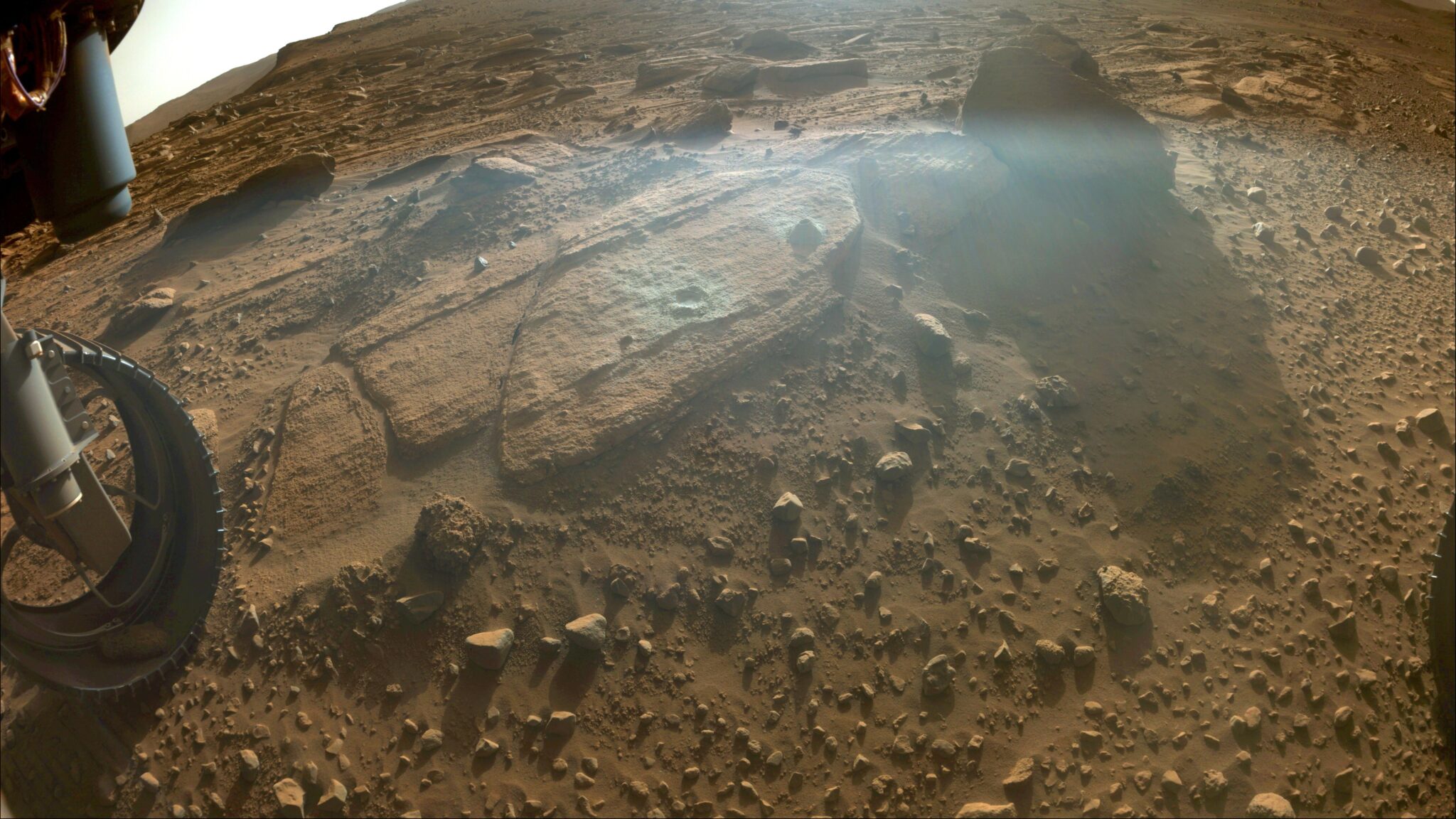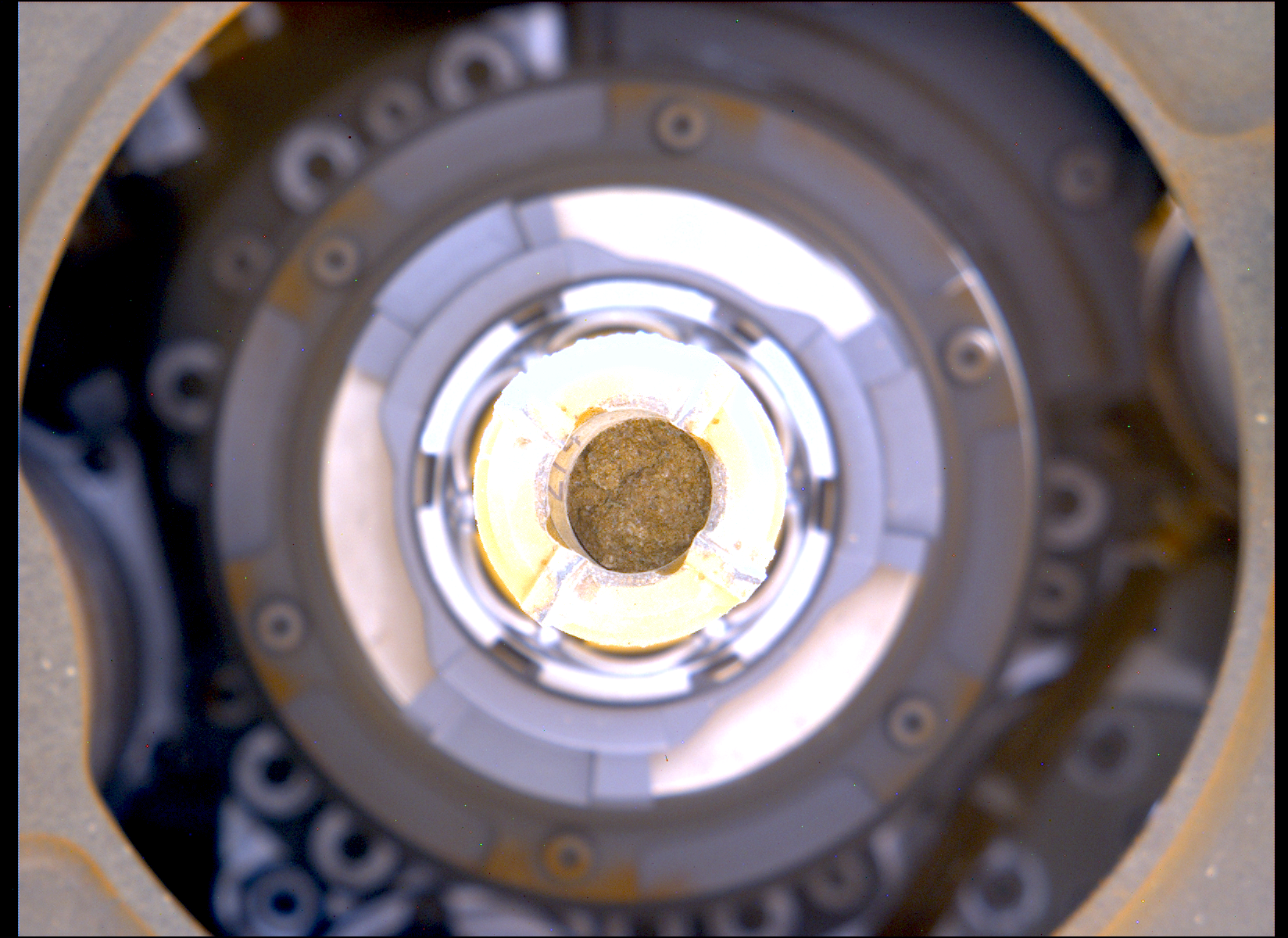The Perseverance rover is starting its new scientific campaign. In the previous, NASA rover has explored the bottom of the Jezero crater, but now it has moved on to explore a new exciting place called Delta. This is the site of an ancient dried-up river delta. The region is a great place to search for evidence of ancient life and search for rocks brought from remote places by water, which was in a liquid state here billions of years ago.

The collection of the first sample in this place officially launched a new scientific campaign on March 30. The rock sample is rich in carbonates, making it a fascinating target for scientists. Because it could potentially contain clues about whether there was microbial life on the planet. In general, it was the 19th sample from the surface of Mars collected by the mobile laboratory. Ten of these samples were previously carefully left in a depot on the surface of the Red Planet.
“Carbonate rocks on Earth can be good at preserving fossilized lifeforms. If biosignatures were present in this part of Jezero Crater, it could be a rock like this one that could very well hold their secrets,” explained Katie Stack Morgan, deputy project scientist for Perseverance at NASA’s Jet Propulsion Laboratory in Southern California.

Carbonates are intriguing for another reason, which is that they can help answer the long-standing mystery of Mars’ climate. Carbonates are formed when water and carbon dioxide interact with other compounds, and we know that there is a lot of carbon dioxide in the Martian atmosphere; and once there was also a lot of water on the surface.But today we rarely see carbonate deposits on Mars, and it’s not clear why. A greater understanding of this mystery may help scientists create a better picture of the history of Mars.
Earlier we reported on how Perseverance and Ingenuity played tag on Mars.
According to NASA
Follow us on Twitter to get the most interesting space news in time
https://twitter.com/ust_magazine

